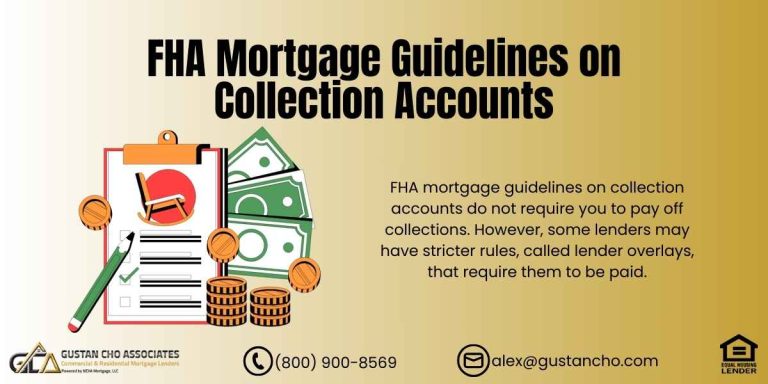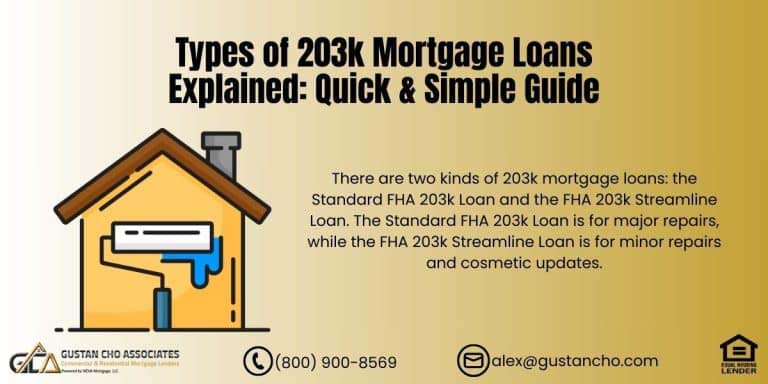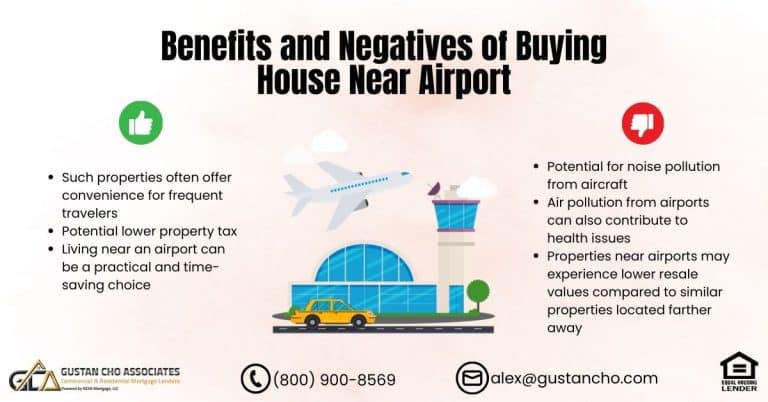This article covers Conforming versus government-backed loans. FHA, VA, and USDA loans are called government-backed loans. This is because lenders who originate these types of home loans are guaranteed by the government. FHA loans are insured by the Federal Housing Administration, a subsidiary of the United States Department of Housing and Urban Development VA loans are guaranteed by the Department of Veteran Affairs.
In the event if homeowner defaults on an FHA loan, the Federal Housing Administration will insure the lender who originated the FHA loan against loss Same with VA loans.
If the borrower defaults on a VA loan and goes into foreclosure, the lender who originated the VA loan goes into default, the Department of Veteran Affairs will guarantee the lender who originated the VA loan the loss. The concept is the same as USDA loans. If the USDA loan goes into default, the lender who originated the USDA loan will get insured by USDA. The role of the government agency is to partially insure lenders in the case borrowers default on their government-backed mortgages. This is why they are called government loans. Any mortgage loan that is not backed and insured by a government entity is called a conventional loan. In the following paragraphs, we will cover the differences between conforming versus government-backed loans.
Conventional loans conform to Fannie Mae or Freddie Mac lending guidelines. Fannie Mae and Freddie Mac are also known as Government Sponsored Enterprises, GSE, and are corporations that were created by the federal government. The role of Fannie Mae and Freddie Mac to purchase home loans that meet their guidelines from mortgage lenders throughout the country. Lenders package them up as Mortgage-Backed Securities ( MBS ) and re-sell them to Wall Street and institutional investors on the secondary market.
Speak With Our Loan Officer For Fannie Mae and Freddie Mac to purchase home loans
Conventional Loan Basics
To qualify for government loans, borrowers need to follow the government agency that is insuring the government loan. For example, if the borrower wants an FHA loan, lenders require they follow the minimum HUD agency guidelines such as the following:
- 3.5% minimum down payment
- 46.9%/56.9% debt to income ratios
- minimum of 580 credit scores
- 2-year employment history
- 2-year residential history
- other minimum FHA lending guidelines
With conventional loans, borrowers need to follow Fannie Mae’s lending guidelines.
How Do Conforming Loans Work
Many borrowers question why they need to follow any conforming mortgage guidelines if conventional loans are not guaranteed or insured by the federal government: The difference between conforming versus government-backed loans is conventional loans are not backed or insured by any government agency.
The reason conforming loans need to follow Fannie Mae or Freddie Mac conforming mortgage guidelines is due to the lender initially funds the conventional loan. The lender then re-sells the conventional loan to Fannie Mae or Freddie Mac.
Lenders can pay down their warehouse line of credit. so they can repeat originating and funding more loans. This way they can re-use their warehouse line of credit to fund other conforming loans. In order for Fannie Mae or Freddie Mac to purchase mortgage loans from private mortgage lenders, the loans need to meet Fannie Mae or Freddie Mac’s conforming mortgage guidelines.
Pros and Cons of Conforming Versus Government-Backed Loans
One of the greatest advantages of conforming versus government-backed loans is that there is no private mortgage insurance with a 20% down payment on a home purchase. Or 80% loan to value on a refinance mortgage. FHA loans require an upfront mortgage insurance premium of 1.75%. HUD also requires a lifetime 0.55% annual FHA mortgage insurance premium which can be quite costly.
Cannot cancel the FHA mortgage insurance premium no matter how low the loan to value is on 30-year fixed-rate mortgages. The only way of eliminating annual FHA MIP is to pay off or refinance a 30-year fixed-rate FHA home loan.
With conventional loans, private mortgage insurance is required for any mortgages with higher than 80% loan to value. Annual private mortgage insurance is required on conforming loans with less than 20% equity. Can request private mortgage insurance be canceled once the property meets 80% loan to value. A new appraisal will be required unless the homeowner pays down the loan balance.
Differences of Conforming Versus Government-Backed Loans
Conventional loans have tougher lending guidelines than government loans: The minimum down payment required to qualify for a conventional loan is 5%. FHA where the minimum down payment is 3.5%. The minimum credit score to qualify for a conventional loan is 620. FHA loans, the minimum credit score is 580. The maximum debt to income ratios are capped at 50% with conventional loans. Cap on FHA loans is 46.9% front end and 56.9% back end DTI to get an automated underwriting system approval.
Qualify For Fannie Mae and Freddie Mac to purchase home loans
Conforming Versus Government-Backed Loans After Bankruptcy and Housing Event
Conforming Mortgage Guidelines with regards to a waiting period after a bankruptcy, foreclosure, deed in lieu of foreclosure, or a short sale are much stricter with conventional loan programs than with FHA loans. Borrowers need to wait 4 years after Chapter 7 bankruptcy to qualify for conforming loans.
FHA, VA, USDA requires a 2-year waiting period after the Chapter 7 Bankruptcy discharged date. VA loans have 2-year waiting period requirements after housing event (foreclosure, deed in lieu of foreclosure, short sale).
Conforming mortgage guidelines requires 7 years to qualify for a conventional loan after a foreclosure. FHA and USDA loans require three years to qualify after a foreclosure. Conforming mortgage guidelines requires four years after a short sale or deed-in-lieu of foreclosure to qualify for conventional loans. There is a three-year waiting period after a short sale or deed-in-lieu of foreclosure to qualify for FHA and USDA home loans.
Mortgage Guidelines on VA Loans
VA home loans are one of three goverment-back mortgage loans. VA loans is the best mortgage loan program for owner-occupant primary home borrowers. However not everyone is eligible for VA loans. VA loans has no minimum credit score requirement or maximum debt-to-income ratio cap. VA loans have lenient guidelines but timely payments in the past 12 months on all monthly debt payments is necessary to get an approve/eligible per automated underwriting system.
Only active, or retired members of the United States Military with a Certificate of Eligibility and surviving spouses of eligible veterans are eligible for VA loans.
The U.S. Department of Veteran Affairs (VA) has a two-year waiting period after Chapter 7, foreclosure, deed-in-lieu of foreclosure, short sale. The bottom line is for borrowers who have great credit and a strong financial profile, the conventional loan route is the best way to go. For those with weaker credit and financial profiles, FHA loans will probably be the best route to take and eventually refinance their FHA loan into a conventional loan. The most important benefit of conventional loans over FHA loans is the mortgage insurance premium. If any of our viewers have questions on this guide on conforming versus government-backed loans or any other mortgage-related topics, please contact us at 262-716-8151. Text us for a faster response. Or email us at gcho@gustancho.com.
Talk about the VA loans with Gustancho Associates Experts
This guide on conforming versus government-backed loans was updated on January 17th, 2024.










